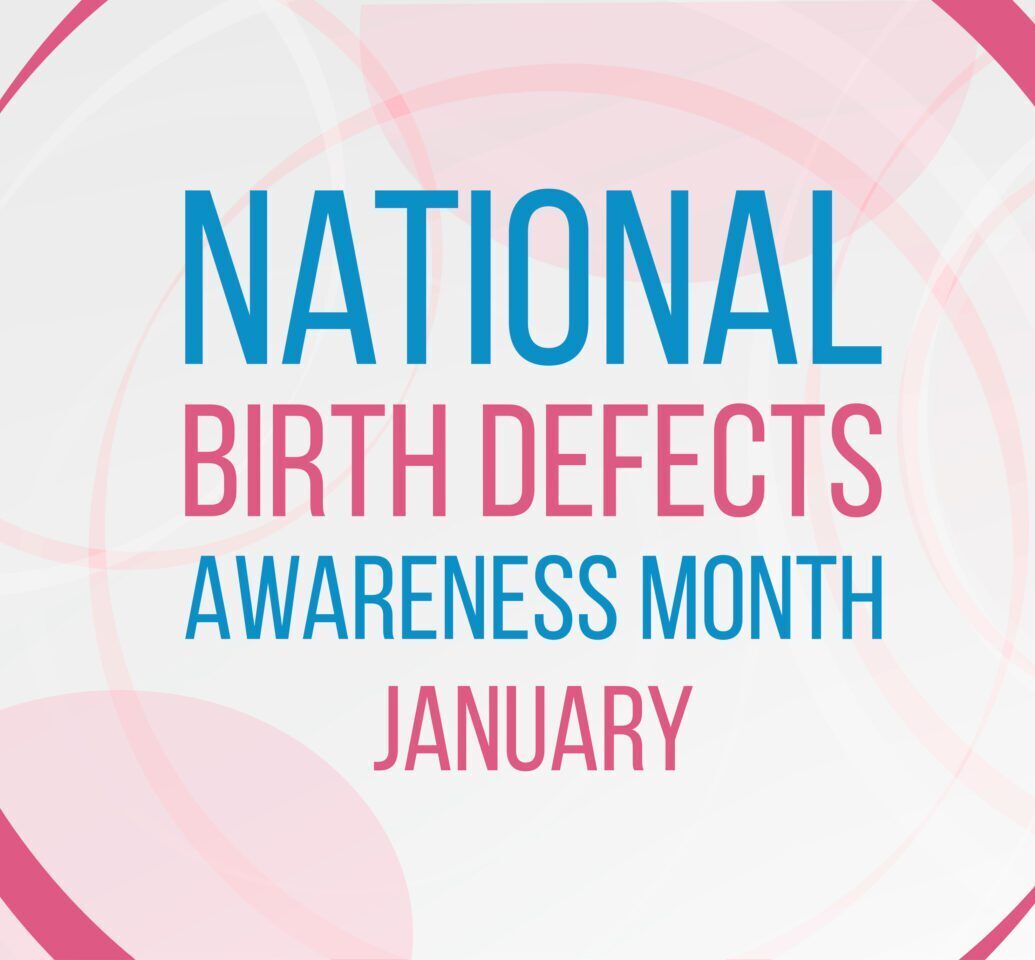Search by Color or Cause


The colors pink and blue represent National Birth Defects Awareness Month. Birth defects are structural changes that can affect almost any part of the body, such as the heart, brain, or foot, and can cause lifelong health challenges. As medical care and treatment have improved, babies and children with birth defects are living longer and healthier lives. Most with birth defects are now living into adulthood. Recent reports show that rates of infant deaths due to birth defects have declined by 10% in the United States. However, even today, every 4.5 minutes a baby is born with a major birth defect.
Furthermore, there are persistent racial and ethnic disparities when considering healthy communities and healthy babies. In a 2019 study, researchers noted that while estimates on birth defects rates are made on the best available data, evaluation of prevalence rates by maternal race and ethnicity may improve our understanding of disparities. It may also improve efforts to reduce them. National Birth Defects Awareness Month highlights these disparities.
National Birth Defects Awareness Month is a time to raise awareness about birth defects and highlight efforts to improve the health of people living with these conditions across their lifespan. Not all birth defects can be prevented. However, healthy choices help future parents lower their risk of having a baby born with a birth defect. Wear a pink and blue enamel awareness ribbon pin to call attention to this important awareness month.
Tip 1: Get 400 micrograms (mcg) of folic acid every day.
Women should get 400 micrograms (MCG) of folic acid every day during pregnancy. Folic acid is a B vitamin that comes from fortified foods or supplements or a combination of the two. Examples include asparagus, navy beans, kale, spinach, beef or chicken liver, orange juice, broccoli, avocado, peanuts, and cantaloupe.
Tip 2: Plan a visit with your healthcare provider to support a healthy pregnancy.
Attend regular healthcare professional appointments. Consult a doctor while planning for a pregnancy and start prenatal care as soon as possible. This actively helps to plan ahead. Using a checklist can help with goal accountability, too. This is equally good whether for planning a pregnancy or trying to get and stay healthy.
Tip 3: Reduce your risk of infections.
Preventing and treating infections and fever promptly is also important to keep the body healthy for the developing baby. Getting all recommended vaccinations, and reducing contact with saliva and other bodily fluids from other babies or young children lessens the risk of infection with cytomegalovirus (CMV). CMV can cause birth defects and other health problems if passed to a developing baby.
Tip 4: Care for your body and mind, before and during pregnancy.
Choosing an overall healthy lifestyle has an important impact on the health of a pregnancy. Some factors to consider are nutrition, physical activity, stress relief, checking in with a doctor, and quality of sleep. All of these factors are important when it comes to overall health. This is true for both the mother and the developing baby. Highlighting prevention tips and recommendations is an important way to spread awareness. These spark actions and conversations in local communities across the United States to support successful pregnancies.
Tip 5: Avoid harmful substances during pregnancy, such as alcohol, tobacco, and other drugs.
Avoiding harmful substances is another tip during National Birth Defects Awareness Month. Avoid drinking alcohol, smoking cigarettes, or using marijuana and other drugs during pregnancy. All of these substances cause dangers to the developing baby. They can cause birth defects such as preterm, low birth weight, and lifelong physical, behavioral, intellectual, or developmental disabilities.
(Image: Adobe Stock)